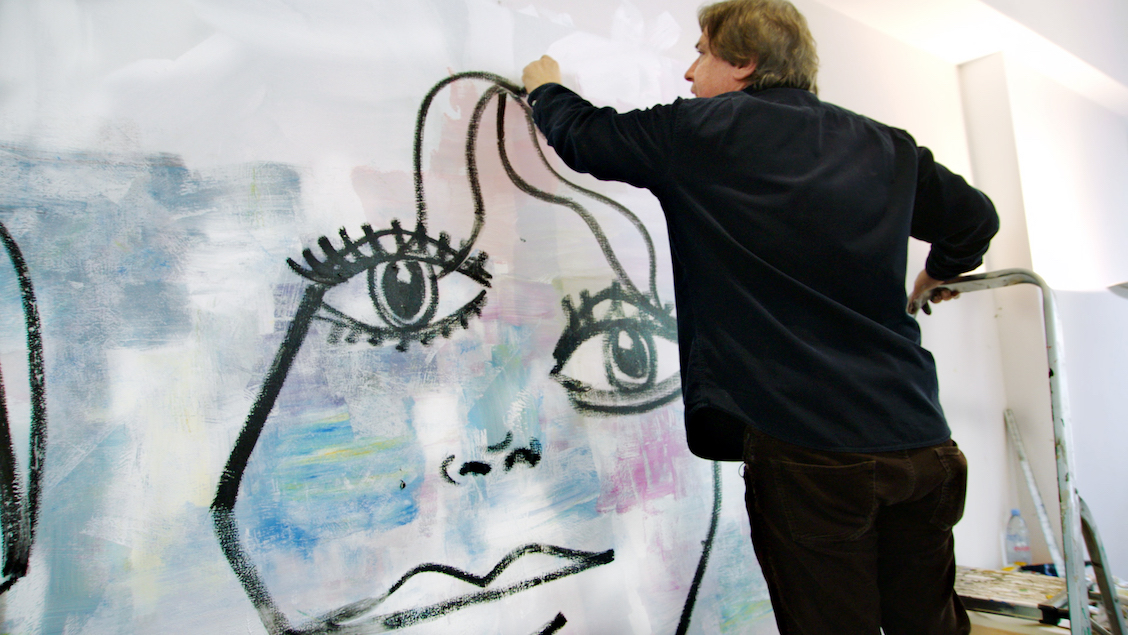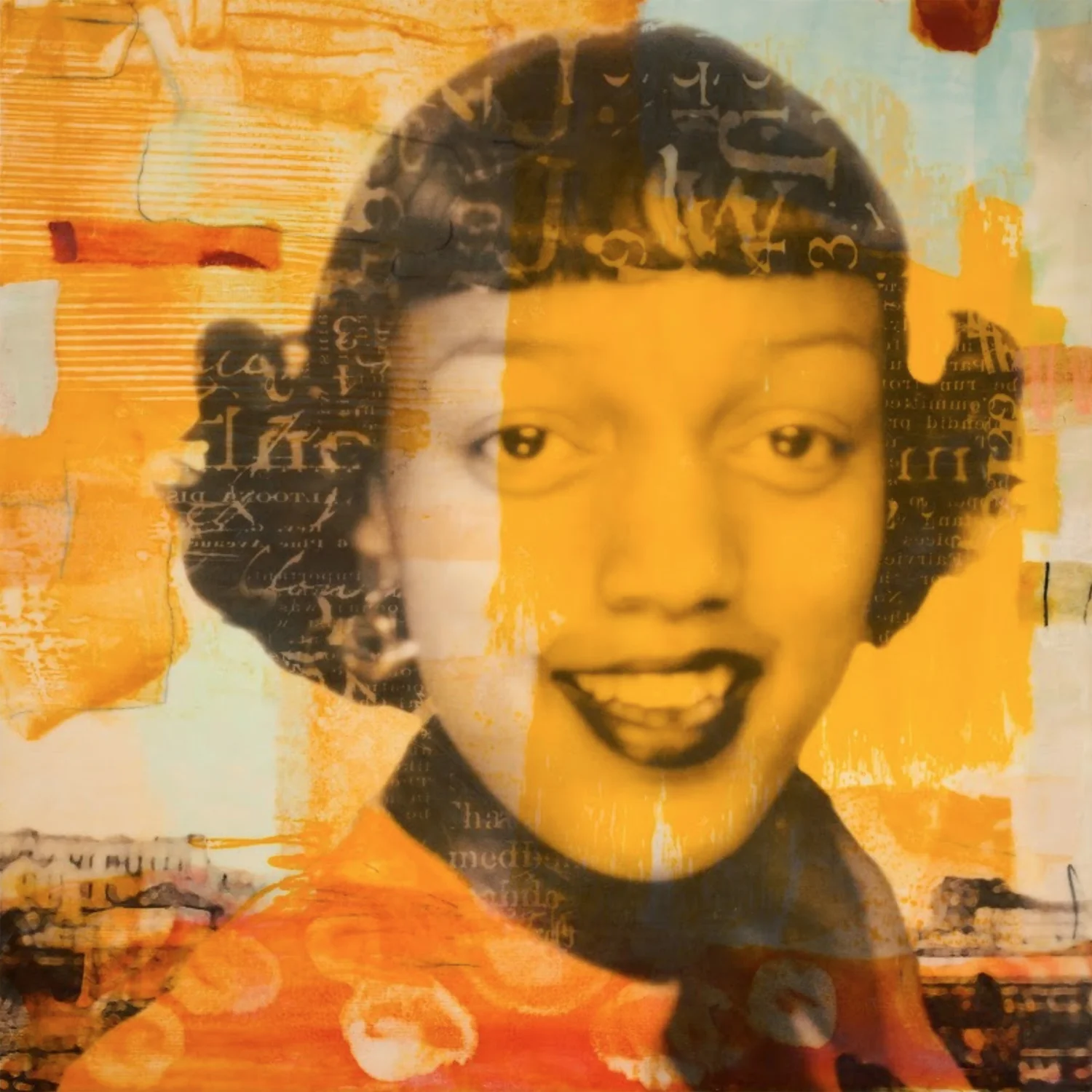The Beast: Interview with Nathaniel Kahn
Portrait of Nathaniel Kahn, courtesy of Andrea Blanch
Andrea Blanch: I'm very curious as to why you've chosen documentaries as your means of expressing yourself.
Nathaniel Kahn: Documentary films are essential right now because they're not worked up beforehand. It's not the manipulation of a plot that you've seen before. Documentaries don’t go where you think they’re going to go.
Andrea: I enjoyed this film and the one you made about your father. They're both elegant and very quiet films. What were you hoping to convey with this film?
Nathaniel: Art has always been associated with money, but not to the degree that we are seeing now. I worry that cost begins to limit the access that people have to art because collectors are snapping these pieces up and putting them in their collections and museums. Art thrives on freedom of expression and that cannot and must not be commodified.
Only if we look something in the eye can we realize what it's doing to us; that's what this film is. That's why I don't see it as a quiet film. I don't mean to criticize the word quiet. Art is tricky.
Andrea: I’m digesting what you're saying because it’s very valuable. How did you want your film to impact viewers?
Nathaniel: A film like The Price of Everything is an experience. A film like this raises more questions than it answers and that is the beginning of civil discourse. I would like to disconnect our sense that the price of something has a direct relationship to its intrinsic value. Prices are convenient ways we have of saying that something is worth more than something else. I hope the film destabilizes people's sense that the most expensive art is the most necessary.
We don't remember who was the richest over the years or who had the biggest house or who got married eight times. However, art created during those times is still here and we remember the artists’ names. Monetary value pales in comparison to the idea that we are able to connect with another time, annother place, another soul, though the artist is long gone.
Still from the Price of Everything. Courtesy of HBO.
Andrea: Should emerging artists take risks in the art market?
Nathaniel: It's both difficult and it's exciting in the sense that because people are buying art from different places, so there's a lot of opportunity for artists. But there's this thing which is the beast — we’re actually making a film called The Beast. The art market is the beast and it's always lurking, ready to get you.
Andrea: Interesting. What are the similarities between the art world and the film world, as far as risk-taking?
Nathaniel: I find independent filmmaking so exciting because it comes from the standpoint of something that hasn't been tried before. There are great commercial films and they can be incredibly satisfying. However, by and large, there are fewer of those films because they require so many resources and many times they're treading over the same old territory. The independent film world thinks in an entirely different way.
I think that the film world does absolutely suffer because filmmaking requires money, but these new independent films are being made with very little money and they're incredibly effective.
Andrea: So what would you say was the biggest risk for you doing this film?
Nathaniel: Any film is like walking a tightrope. How is this going to work out? What am I missing? It’s an old story; filmmaking is risky. I think that's why I love it. People who were in The Price of Everything shared themselves with me. It's not just pictures of people talking. A lot of the contemporary art didn't speak to me. Perhaps the greatest risk that I took in making the film was, “Will I love to see this art?”
Andrea: What is your view on collecting art?
Nathaniel: The instinct to collect means you want to surround yourself with things that remind you of things you love. That's the wonderful part of the human instinct; to collect, to create an environment around yourself that reminds you of what matters to you. It gets perverted when only the greatest collector is able to afford enormously expensive things. My instinct is to make things. I don't frown on the idea of collecting at all, but defining yourself as a collector is a whole different deal; that becomes your obsession. I would worry if I became a collector because I don't want that to be my obsession. I'd rather have my obsession be making things.
Andrea: What surprised you while you were making this film?
Nathaniel: Interviews for me are dead. I don't like the idea that what I'm doing is taking pictures of people talking. I'm much more comfortable when the person who I'm talking to is engaged in making something while I’m filming. That process can only happen if I'm working with people who accept the cinematic moment, that the moment only happens once and you have to capture it as best you can. So, now we're on the tightrope together. I love working with people who know how to laugh and lighten up the tension and that takes time. It was very important to just be with the subject; it's like playing jazz; improvising.
This interview has been condensed and edited. To read the whole conversation on Kahn’s film The Price of Everything, check our latest issue RISK.
Still from the Price of Everything. Courtesy of HBO.










